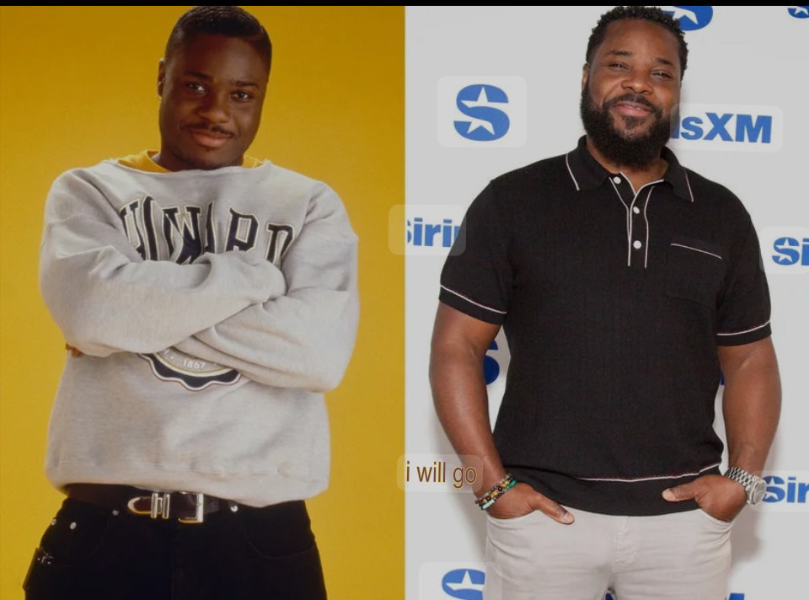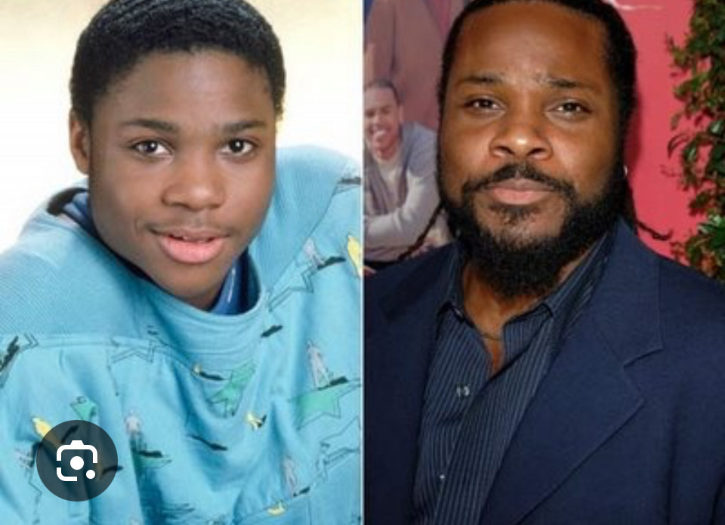Written By: Cherese S. Campbell
Before social media influencers, there was Theo Huxtable; He was every young black boy’s big brother, class clown, and quiet hero. In oversized sweaters and side eyes sharper than any punchline. Malcolm Jamal Warner gave us a version of black masculinity we didn’t know we needed, and thankfully, his contribution did not end with The Cosby Show; it was just the beginning.
Though he will forever be remembered as the sitcom hero, his impact quietly yet powerfully shaped conversations around black identity, artistry, and manhood for over four decades. In an interview with Entertainment Tonight, Warner spoke about how, as a young black actor, he did not expect the sitcom to be as massive a success in 1985. He mentions that what he appreciated the most about being on the sitcom was the people that he worked with. Even though he was being paid and it was considered “work”, he described it as a hobby and something that he truly loved to do.
This interview was the introduction of Warner, beginning to reshape the minds of black boys and how they saw themselves. Rather than centering trauma, he shared joy, black boy joy, and celebrated the beauty of being a part of a black family unit, something that was not often portrayed as something joyful. His presence both on and off the screen demonstrated that.

Over the years, we watched as Warner continued to evolve, and he did not shift in his approach to be mindful of the cultural dynamics around him. It was evident that he was no longer Theo Huxtable. He introduced us to his new identity on shows like Malcolm and Eddie, Suits, and The Resident. In these roles, we see him from a new lens, in time revealing his complexities and showing him to be not so joyous all the time. It pulled back the curtain on cultural dynamics that are set for the black man in society, though he never gave up the integrity to continue the legacy of empathy, intellect, and strength. Malcolm J. Warner stood true to being a catalyst of joy and truth even when faced with a world that fought against him. He was sure to plant his feet in the soil that would grow him into a consistent and positive representation of the black dynamic.
Beyond his roles, Malcolm continued to redefine himself through creative authenticity and demonstrated a passion for cultural depth. His work as a spoken word poet and musician became a personal platform for him where he could address issues of race, masculinity, love, and mental health within the black community. He released poems such as Asante Sana, which is a part of his rich collection of pieces on his album Hiding In Plain View. This album had nine tracks that earned him a Grammy nomination. His music was also a drawing of the rhythms of jazz, soul, and hip hop.
Warner’s albums, such as Love and Other Social Issues and Selflessness, project a mixture of poetry and music in a vintage yet urgent way. He unapologetically performed at venues across the country, giving a voice to topics left unspoken in black male space like fatherhood, depression, and systematic injustice. In 2015, Warner’s artistry was recognized, and he won a Grammy Award for Best Traditional R&B Performance for his collaboration on the track Jesus Children with Lalah Hathaway and Robert Glasper. This win was not just a musical achievement but a footprint of his evolution from just a star to a socially conscious creative force.
Malcolm Jamal Waner did not just grow up in front of us; he grew with us. From the moment he accepted the role of Theo Huxtable, just thinking it would be just a hobby, he offered us a vision of black boyhood that was funny, flawed, and deeply human. But what makes his story so compelling is what came after all the applause stopped. He chose to become a man of substance and not just fame. While he could have chased the headlines, he chose to chase purpose. He poured his creativity into poetry, music, and storytelling that will forever inspire artists in all walks of life and speak directly to the heart of the culture.
Malcolm Jamal Warner defined evolution by becoming a symbol of artistic integrity, cultural care, and emotion. His voice may not be the loudest in the room, but it was always worth listening to. He was more than just nostalgia; his life shows that growth is sacred, black artistry is expansive, and the most powerful change happens not with fanfare, but with faith, focus, and a well-placed word.
Gone but never forgotten, Rest in Power Malcom Jamal -Warner
Photo Credit: Google Images







Add Comment
You must be logged in to post a comment.